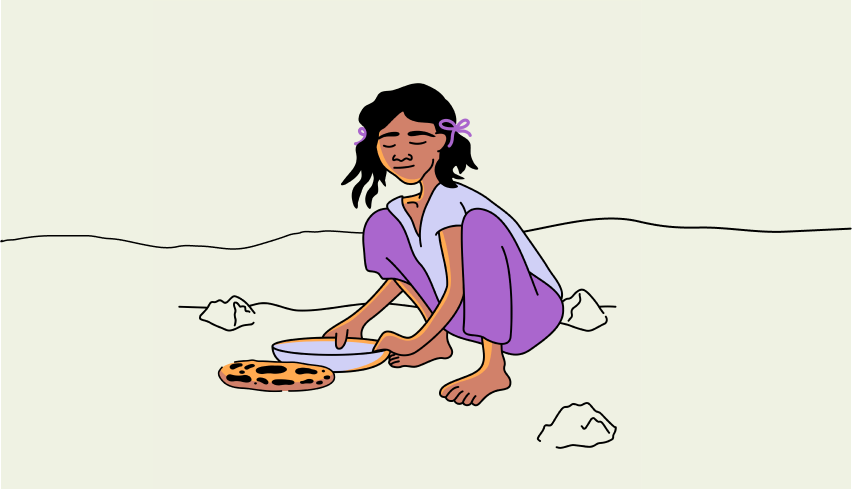By Hannah W.
The start of a new school year means a lot more online time for children. Social media, online homework, discussion boards, and smartphones… all bring an opportunity to have quality conversations with our children about online safety. In the United States, 40% of sex trafficking victims are recruited online. Even if your child is not at high risk of being targeted by traffickers, having safe online practices will serve your children into adulthood. Here are 4 conversations you should be having with your child about online safety.
1. Talk about the potential dangers of the web.
Talk openly and honestly about the flood of information available on the web, emphasizing how important internet safety is for personal safety. This is about teaching your child to have a good gut when it comes to online life. If a site or person seems untrustworthy, it probably is.
2. Address the dangers of engaging with strangers online.
Chat rooms are a popular place for sex offenders to meet their prey. Snapchat has disappearing messages and allows “friends” to actively see your REAL location in real-time. Tiktok and Instagram have no real age verification and children can easily lie and get access to content and lives created for adults. Come up with good family practices for any online use and for when strangers, even friendly ones, try to engage with you. Agree on what these are and commit to holding each other accountable.
3. Talk about the dangers of giving out personal information.
The truth is, your kids are going to have online “friends.” Friends from school, friends who play video games, or friends they randomly met at a party and added on socials. Even some influencers will follow back and chat with “fans.” Online friends are here to stay and are not all bad. However, teaching your child about what information is safe to share is the best way to actively protect them. Talk about good family practices when asked for personal information, pictures, and face-to-face meetings with someone they do not know. These practices are important even if you know the person in real life.
4. Talk about the importance of family check-ins
Have family check-ins and conversations about what apps they’re using, who they’re talking to, and what they’re talking about. These check-ins are a safe space for families to talk and ask questions.
We know keeping your children safe online in 2023 can feel overwhelming. We are cheering you on as you fight the good fight and teach your children safe online practices.






